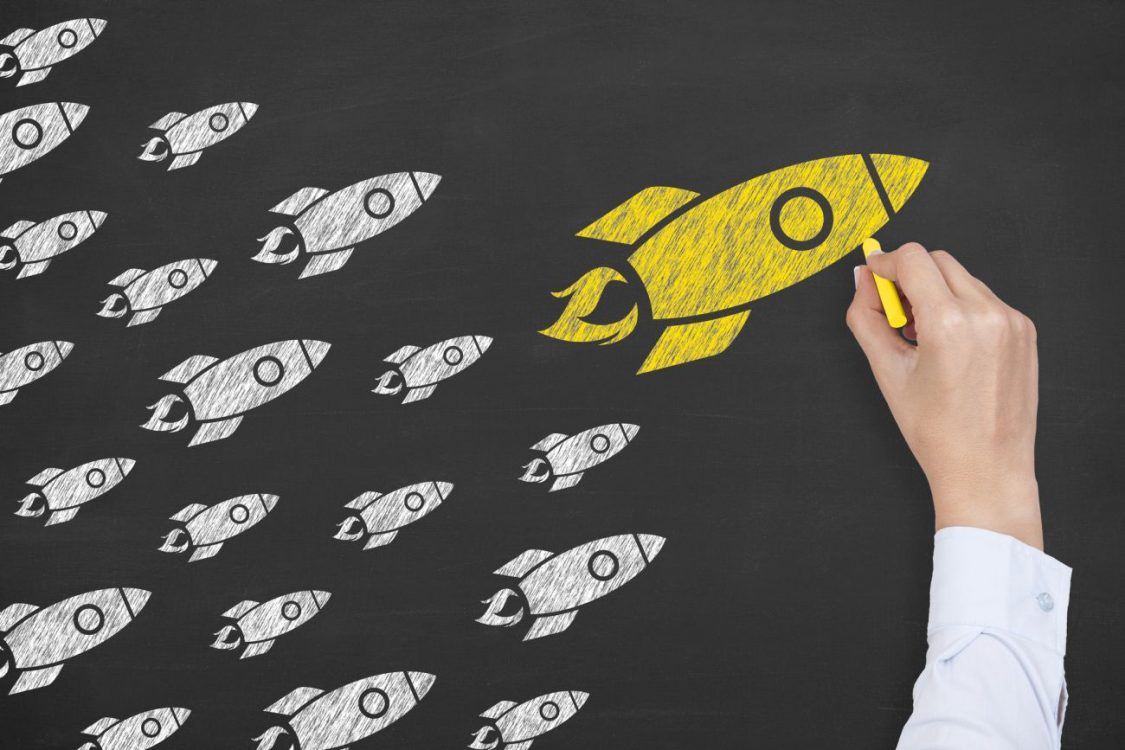
Read time: 3 mins
Written by Rob Smith
Utilising influential people, such as celebrities or sports stars, to sell a product or service to consumers has been part of the marketing toolkit for a long time. It was so important, it became its own genre: influencer marketing.
For years, this technique has been used to sell everything from training shoes and cars, to watches and diet supplements. It was seen as an exclusive tactic used by B2C organisations to reach out to consumers, but in recent years the landscape has changed and B2B marketers are beginning to tap into the benefits influencer marketing can provide.
As Rag’n’Bone Man says, “we’re only human after all”. For a long time, businesses selling to other businesses have not taken this into consideration. All transactions, even in today’s digitally-driven environment, have to involve people interacting with other people, and buying into the brand and values of a business.
It is important to remember, individuals, not companies, buy B2B products and services. Business people don’t suddenly become devoid of human emotion when they walk through the doors of their company. It is therefore crucial for organisations to tap into human emotions and influencer marketing is a powerful way to do that.
Collaborating on content with credible outside voices that have significant expertise and active networks results in an increase in information with greater relevance, credibility and reach, helping to create and foster connections with people to create purchase intent.
Of course, we’re not recommending a business within the professional services sector goes out and partner with a Kardashian, a Love Island contestant or the latest X Factor hopefuls. There is a clear distinction between the type of influencers required for B2C and B2B brands.
Finding the right partnerships and collaborations for influencer marketing can seem daunting, but it is important for B2B brands to first look internally. Every day companies do business together and more often than not; those relationships are long-lasting and already established.
They provide the ideal platform to launch an influencer marketing campaign, as the influencers are already all around your business. It is simply a matter of tapping into pre-existing relationships and developing an influencer marketing strategy.
The concept of influencer marketing has worked for a long time in the B2C sphere. There is no reason why it will not continue to grow in B2B as more business brands evolve and develop strategies that provide a platform to emphasise their relationships and connect with buyers in a different way than they have done previously.
Developing content, articles and videos with influencers and adding these to your website is a great start and will have the desired impact, but there is much more to influencer marketing than that.
Social channels are vital for businesses today and there is no difference when it comes to making sure you are squeezing everything out of influencer marketing you can. Building social channels and amplifying any influencer activity via them is vital. The lines between personal and professional lives are blurring and B2B buyers are, like everyone else, ever present on social channels.
They make use of every possible avenue when deciding on personal purchases, so why wouldn’t they do the same when it comes to professional decisions? This make it imperative to distribute influencer marketing activity through social channels, as well as encouraging influencers to amplify through their own platforms, pushing your business in front of new people.
Ultimately, by working with influencers to create content and increase your social media presence, your business will be one buyers are interested in.
To find out how to further differentiate your B2B content marketing read Rob’s previous blog here.